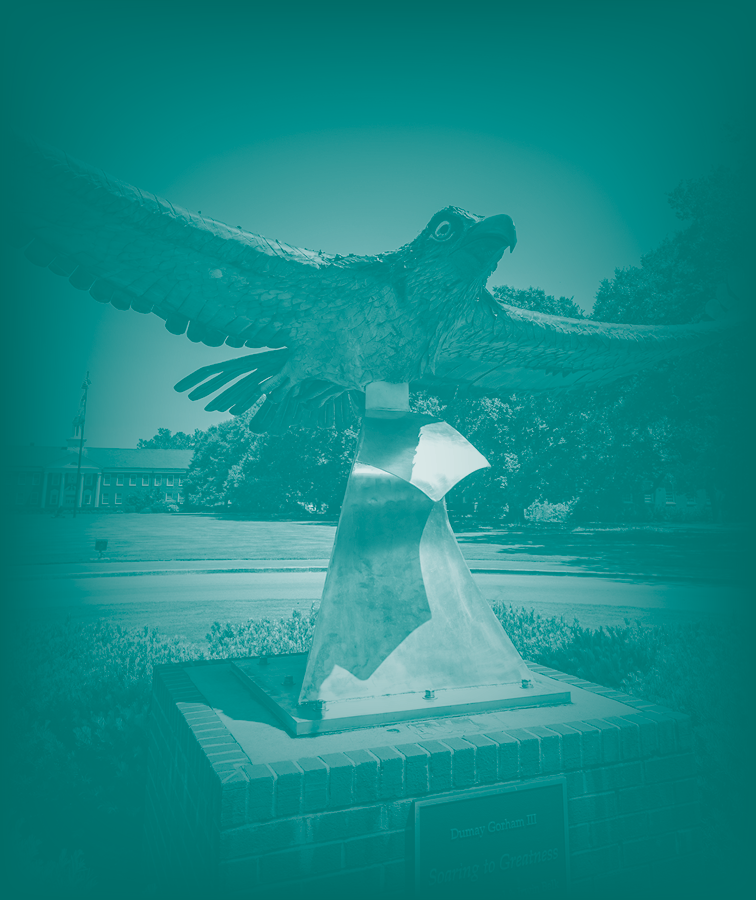Joanne Halls
Professor
After a successful career in the private sector, Joanne joined the University of North Carolina Wilmington (UNCW) in 1999, bringing her expertise to the Department of Geography and Geology, now known as Earth and Ocean Sciences. Her research focuses on leveraging Geographic Information Systems (GIS) and remote sensing to explore coastal environments, including habitat change over time, animal distribution modeling, land use development, hydrology, and water quality. Dr. Halls also serves as the Director of the Spatial Analysis Lab and Coordinator for the Earth & Ocean Sciences Internship Program, where she fosters student engagement and collaboration in applied research.
Education
Ph.D. Geography, University of South Carolina (USC), Columbia (May 1996)
Major field of study: Geographic Information Processing
Dissertation: Spatio-Temporal Models for Forecasting Residential Growth
MS Geography, USC, Columbia (May 1990)
Major field of study: Remote Sensing
Thesis: Measurement of Snow Cover Using Satellite Remote Sensing
BA Geography: University of Denver, Denver, Colorado (May 1985)
Major fields of study: Geomorphology and Geographic Information Systems
Diplome Education du College - Social Sciences: Champlain Regional College, Lennoxville, Quebec (May 1982)
Major fields of study: computer science and graphic design
Specialization in Teaching
Dr. Halls teaches undergraduate and graduate courses such as The Digital Globe, Fundamentals of GIS, Advanced GIS, GIS in Equity & Social Justice, and most recently GIS and Flood Risk.
Research Interests
The research centers on modeling coastal land use and land cover changes, analyzing species habitat utilization patterns, and employing spatial statistics to uncover dynamic patterns across space and time. A cornerstone of this work is integrating community perspectives to refine models through an iterative process. This approach emphasizes the deep interconnection between human and environmental systems, recognizing their inseparable linkages. By incorporating social dimensions—such as public health, inclusivity, and the challenges faced by historically underserved or overburdened communities—the research aims to explore transformative changes and uncover the causal relationships that drive them.
Professional Service
Current service activities include:
University service: Work-Based Learning Advisory Council
College of Science and Engineering: Curriculum Committee
Department of Earth & Ocean Sciences: Graduate Advisory Committee, classroom peer evaluations, Geography & Geospatial Sciences curriculum committee
Profession: NC Flood Resiliency Blueprint, NC Geographic Information Coordinating Council, Editorial Board for the journal Remote Sensing, Guest Editor for several issues in Remote Sensing, Editorial Board for the journal Geomatics, manuscript reviewer for Remote Sensing, Measurement, and International Journal of Remote Sensing. Lead UNCW Coordinator for annual celebration of GIS Day event.
Community Engagement
Engaging with local communities is critical for today's geospatial education, research, and service. Therefore, I have focused many projects on developing and encouraging community involvement. Here are some current examples:
UNCW Coastal Risk & Resiliency mini-HUB
NC Sea Grant Community Collaborative Research Grant Program: Hydrological Connectivity: Improving Coastal Literacy and Resilience in Classrooms and Community Centers in the City of Wilmington
Bald Head Island Conservancy: Quantifying Wetland Accommodation Space using UAS and Geospatial Technologies
Teagle Foundation: Fragility, Resilience, and Engaged Education in Democracy (FREED)
NASA Earth Science Applications, Equity and Environmental Justice: Green infrastructure solutions to support flood mitigation and adaptation in coastal low-lying disadvantaged communities
Honors & Awards
Most recently, I was awarded the UNCW Graduate Mentor Award in 2024.

